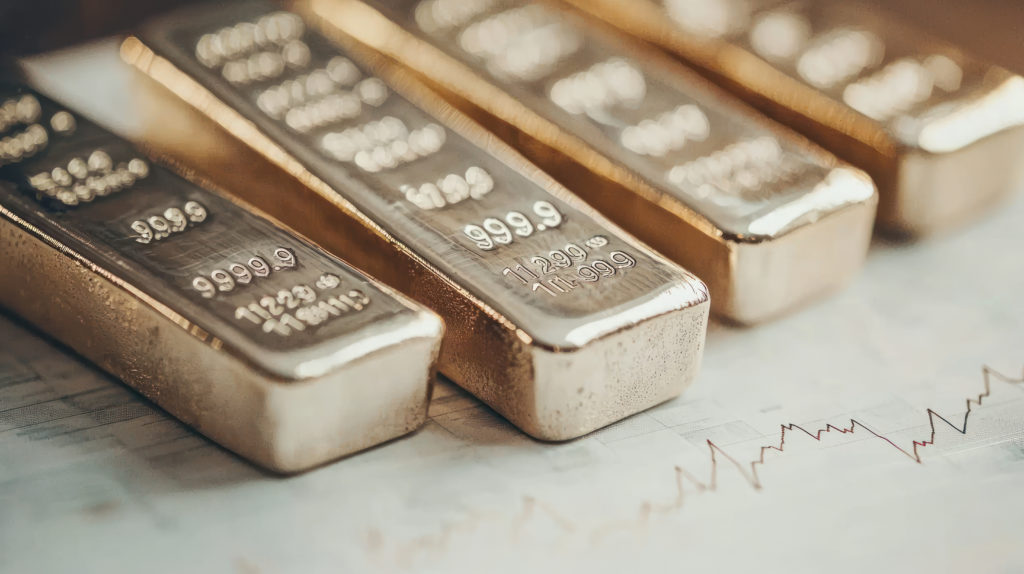Introduction
A new poll by Gallup, conducted in early April, highlights a significant shift in American investment preferences. Amid economic uncertainty and market turbulence caused by the Trump administration's tariffs, gold has emerged as the second most popular long-term investment, surpassing stocks.
Main Body
According to the Washington, D.C.-based analytics firm, 23% of US adults now view gold as their preferred investment, a notable increase of five percentage points from last year. This resurgence echoes levels seen in 2023, when high interest rates and geopolitical tensions similarly boosted gold's appeal. The metal's price has soared over 10% since early April, achieving a yearly gain of 27% and recently hitting a record high of over $3,500 per ounce. This rally underscores gold's status as a safe haven during times of market chaos.
Conversely, stocks and mutual funds have seen a decline, with only 16% of respondents favoring them, down six points from last year. This drop has pushed stocks to third place, reversing their position with gold. The Gallup findings suggest that Americans are closely monitoring economic developments, such as tariffs and market fluctuations, and adjusting their risk perceptions accordingly.
Real estate continues to dominate as the top investment choice across all income levels, holding steady at 37% for the 12th consecutive year. Other assets like bonds and cryptocurrency remain less popular, with 5% and 4% of respondents favoring them, respectively.
Analysis and Opinion: The shift towards gold raises intriguing questions about investor confidence in traditional markets. Are we witnessing a broader trend of risk aversion amid geopolitical and economic uncertainties? With tariffs sparking market selloffs, gold's appeal as a hedge against volatility is undeniable. However, its popularity still lags behind the 34% peak seen in 2011 post-financial crisis, suggesting room for further growth if instability persists. Additionally, the consistent preference for real estate might reflect a deeper trust in tangible assets during turbulent times. How will these preferences evolve if economic policies or global events continue to disrupt markets? This trend warrants close monitoring, especially as digital assets like cryptocurrency struggle to gain significant traction.
